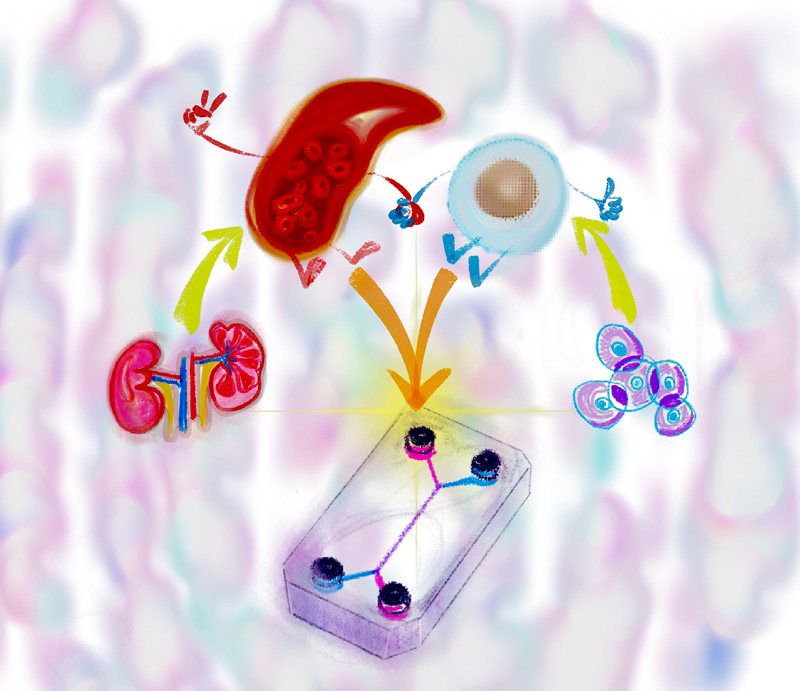By
Mexican biologist Tatiana Sandoval-Guzman, a scientist who has lived in Dresden for six years, holds an axolotl in a glass tank in her laboratory at the Center for Regenerative Therapies in Dresden, eastern Germany, on November 17, 2015.
“There are many organisms that either don’t age or age so slowly that we haven’t detected it: rockfish, lobsters, sturgeons, the microscopic hydra, and some sharks, among others,” John K. Davis, a professor of philosophy and bioethics at California State University, Fullerton, told Newsweek. “There are colonies of coral that are over 20,000 years old. Bacteria don’t age; they just divide and their offspring divide again, indefinitely.”
Humans age due to a combination of factors, including the slow degradation of our chromosomes and the body running out of stem cells, both of which contribute to the lagging of cell repair and the aging of the body and its systems—a process called senescence. Therefore, in order to supersede our short human lifespans, we would need to find a way of stopping these issues from arising.
Read more – view the full article – click here




